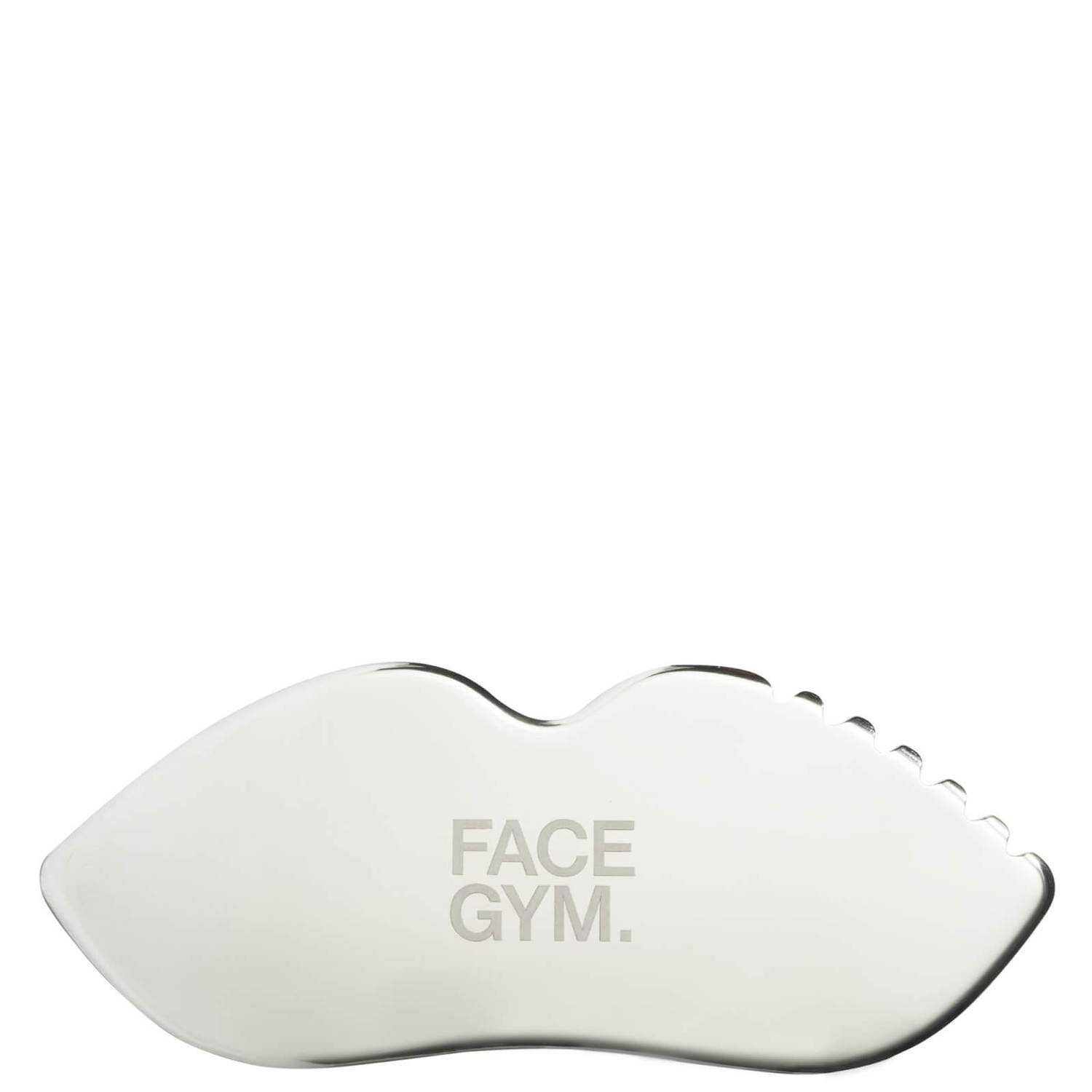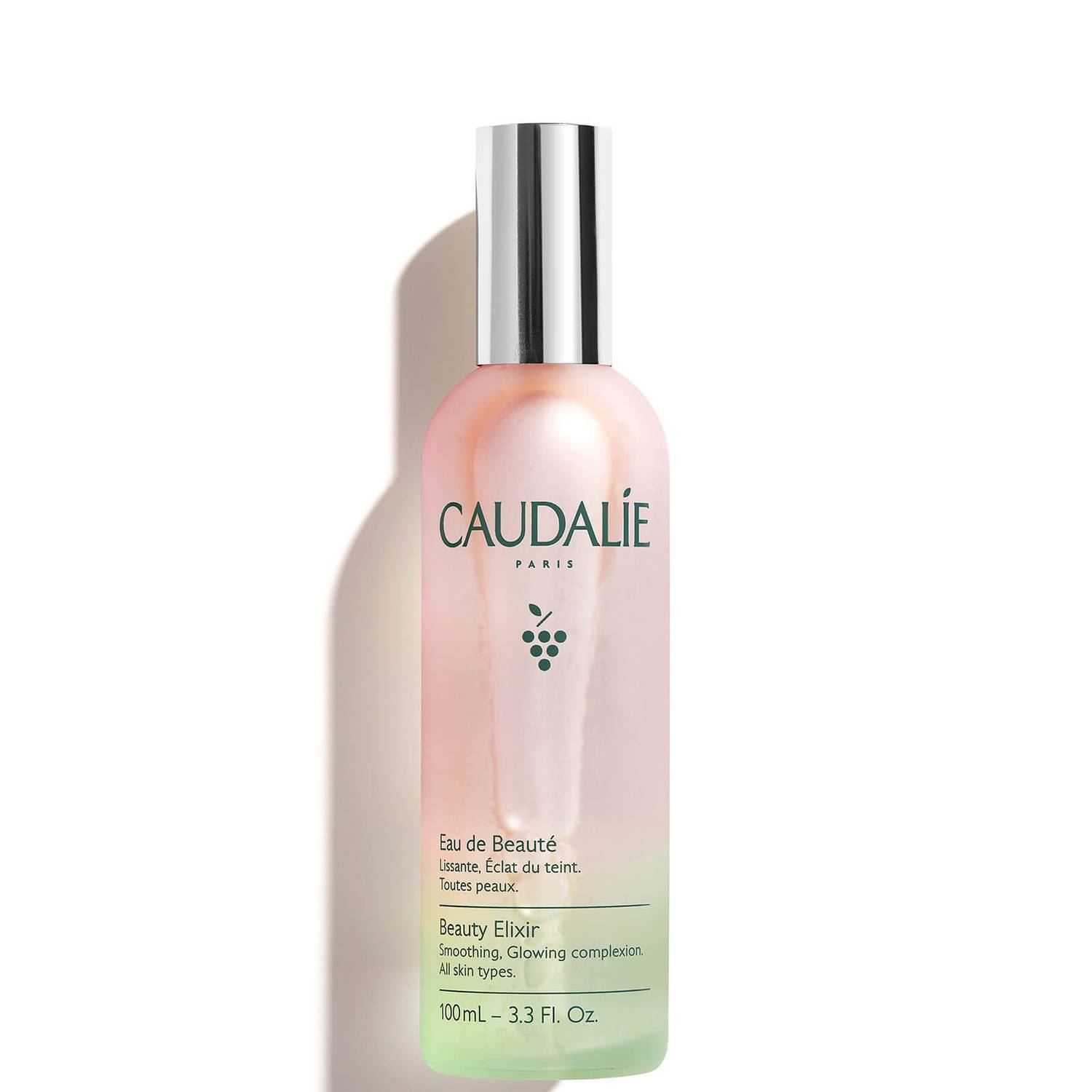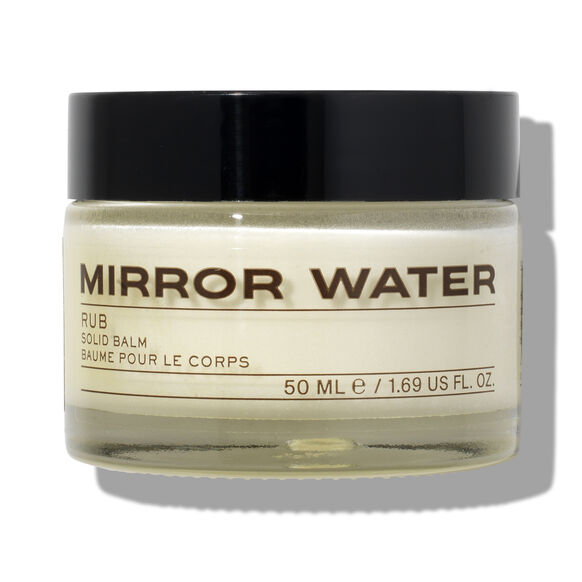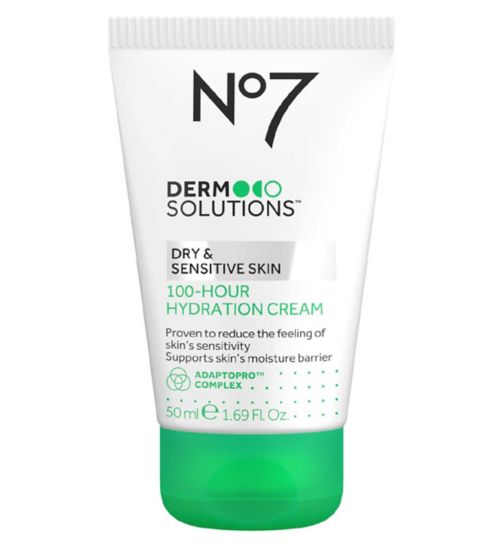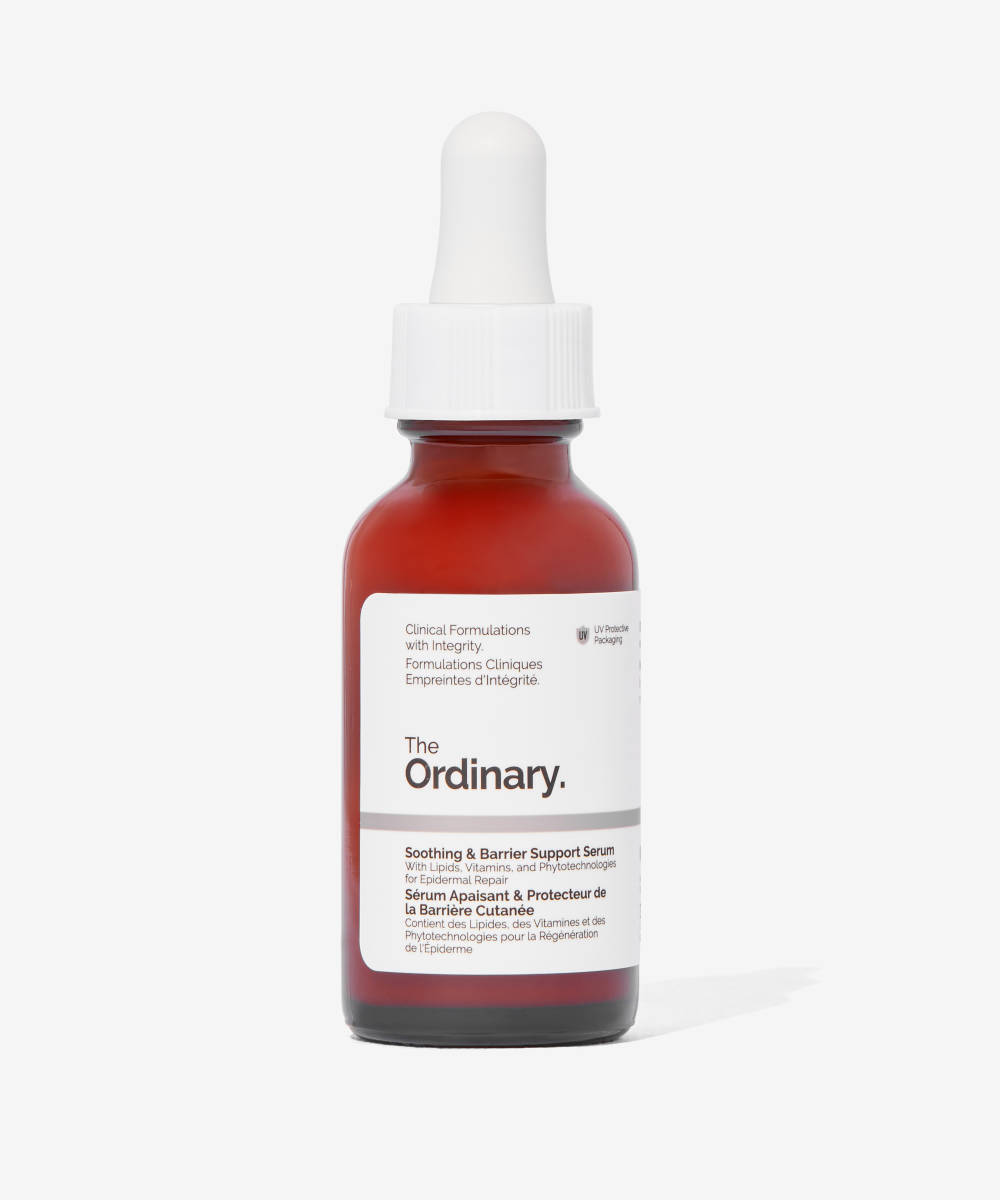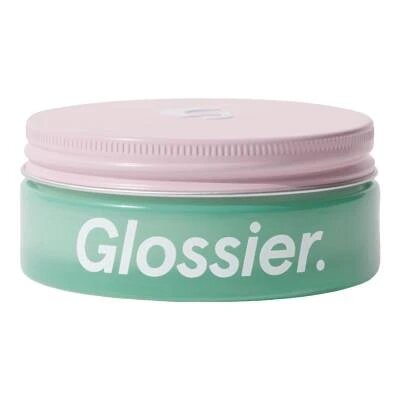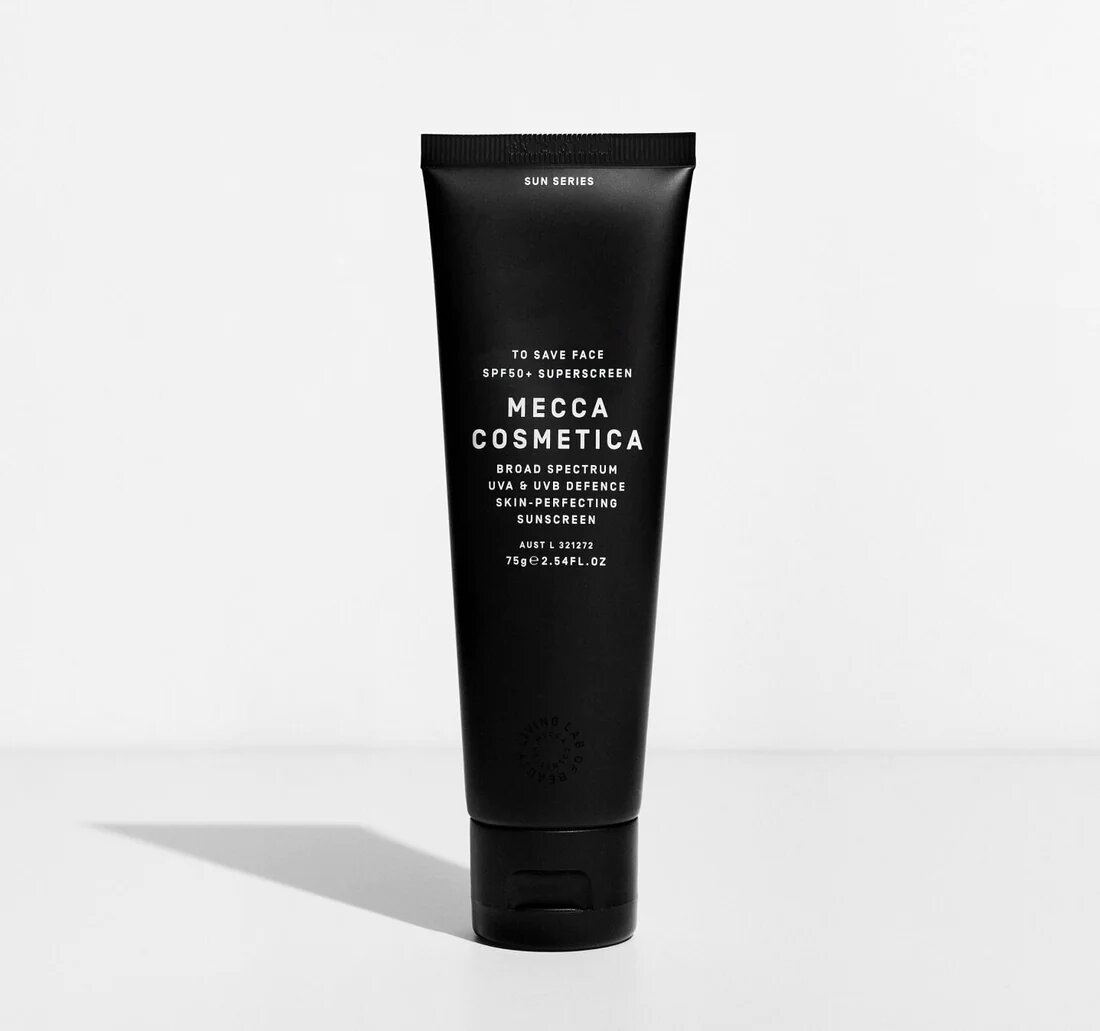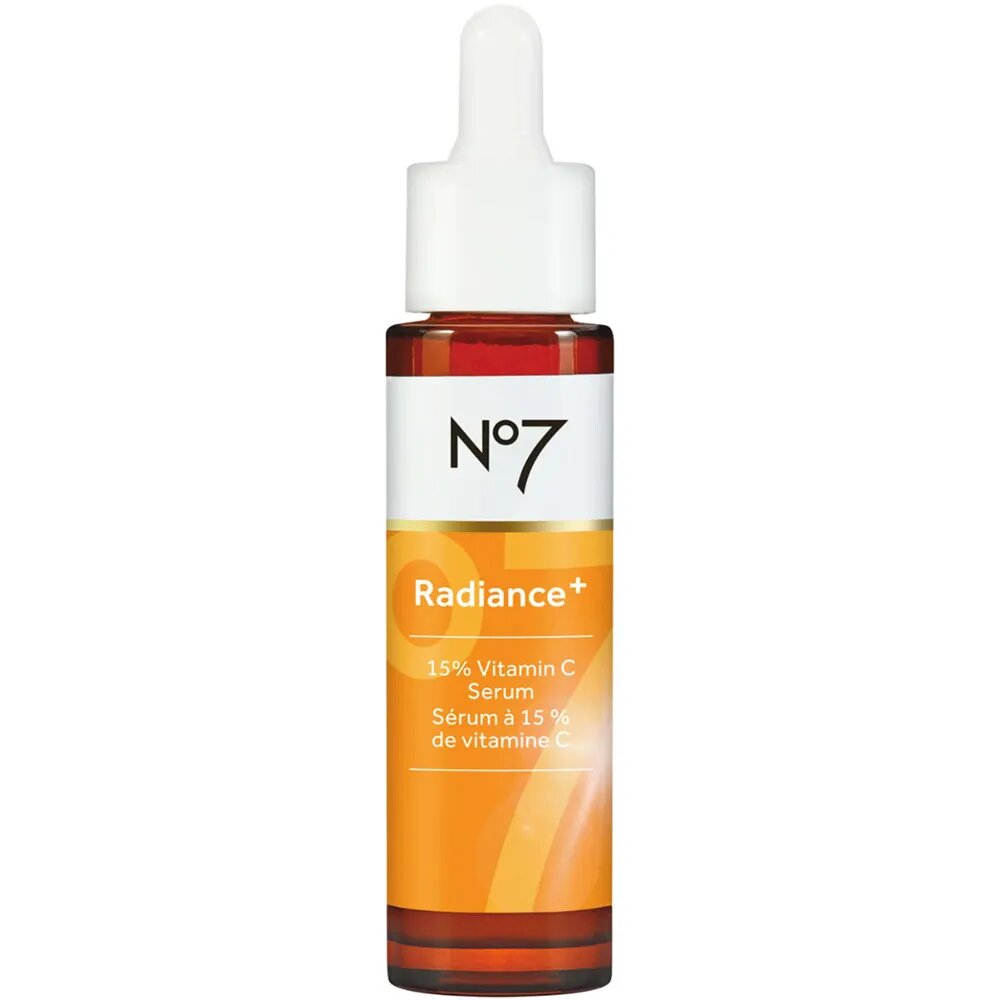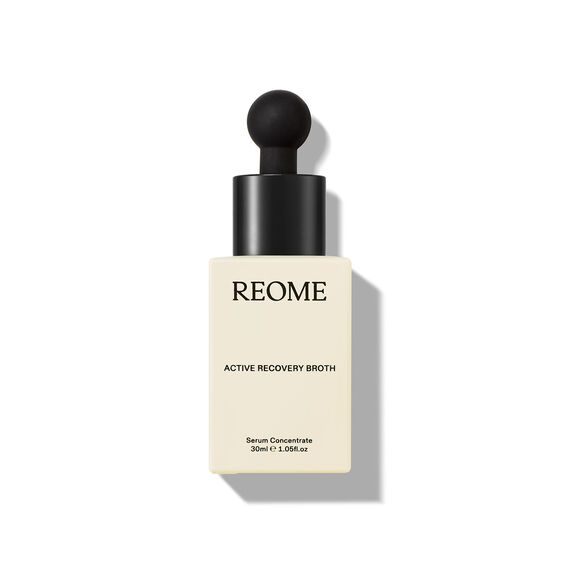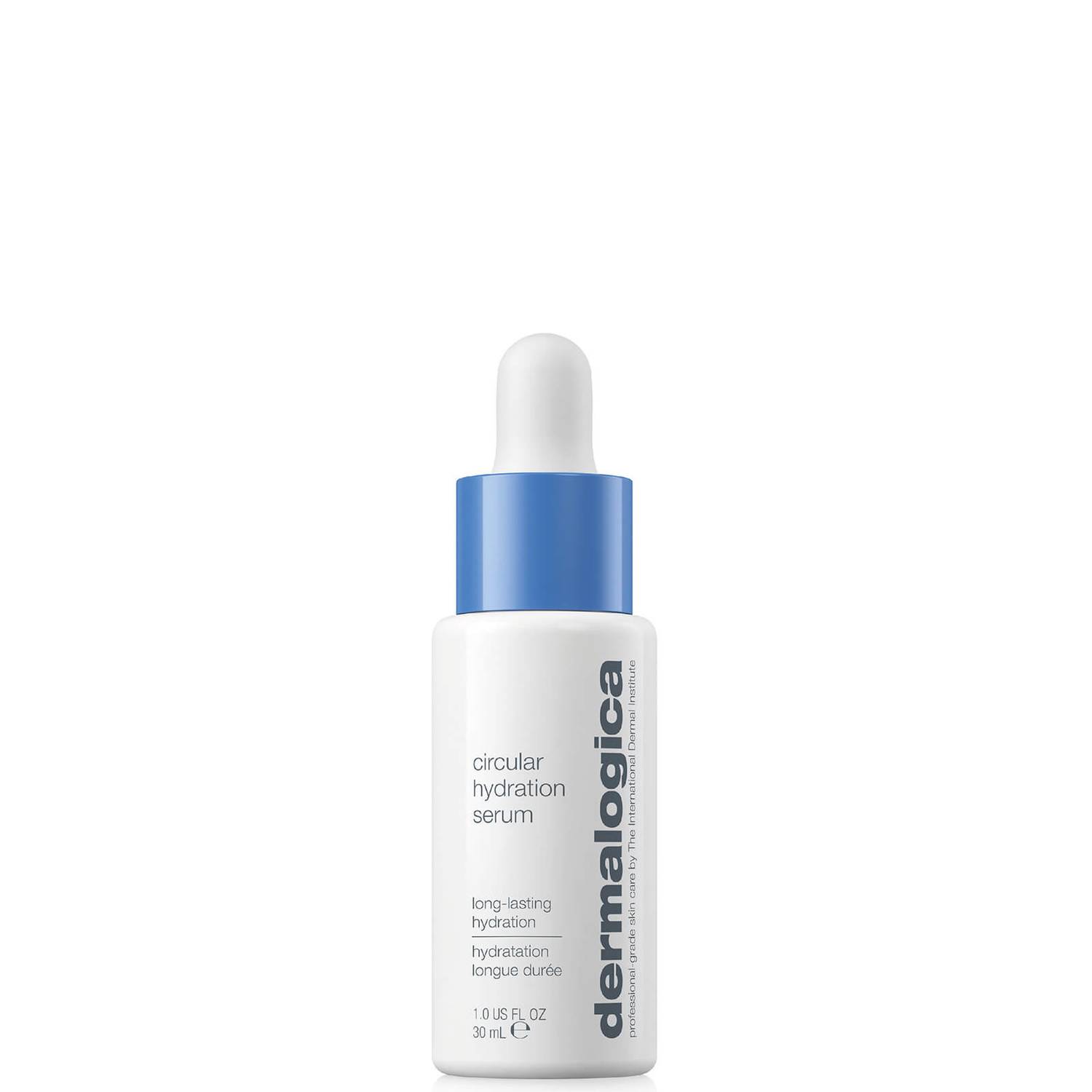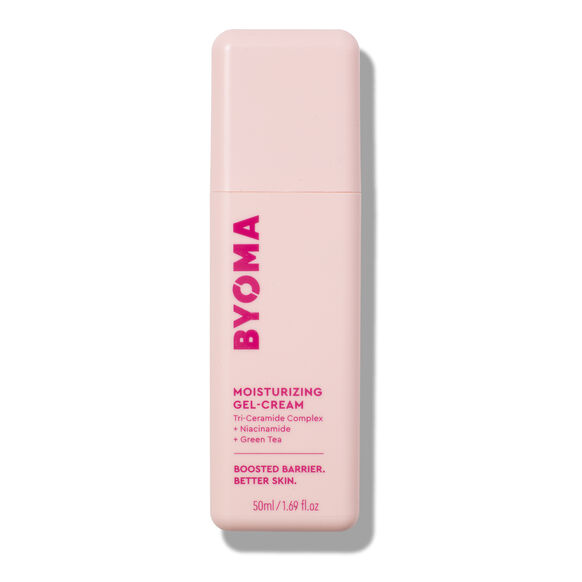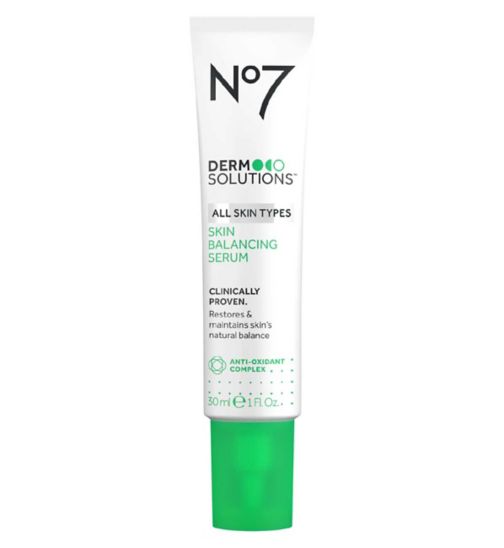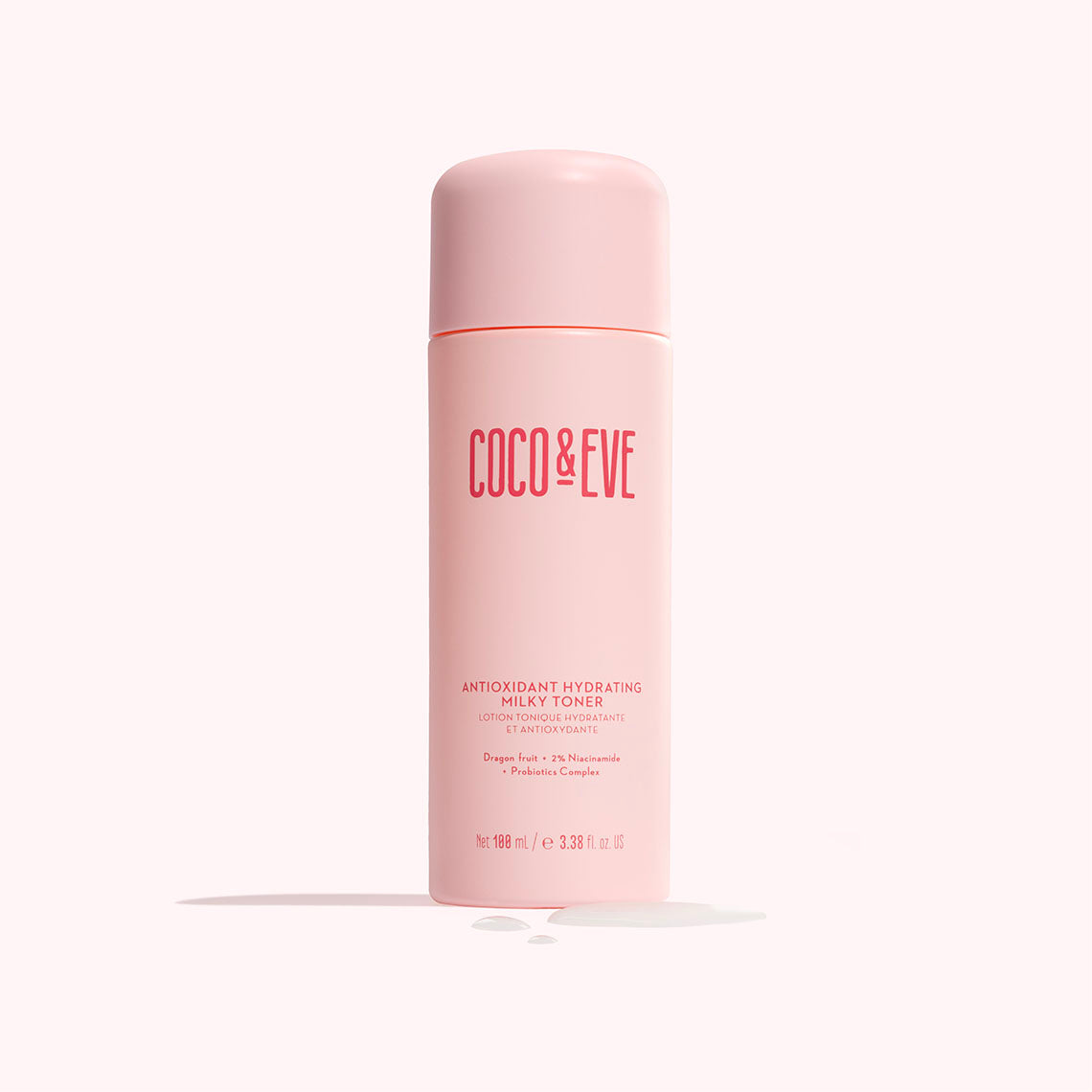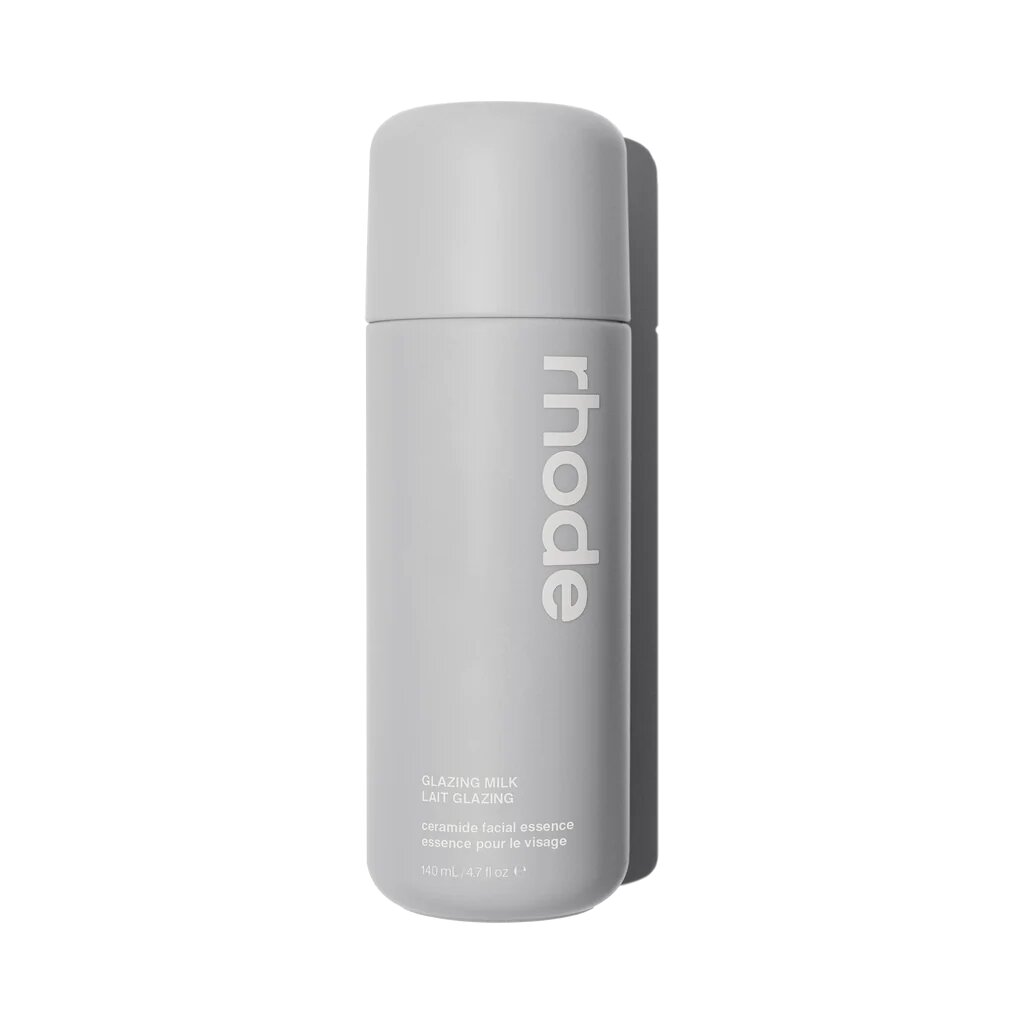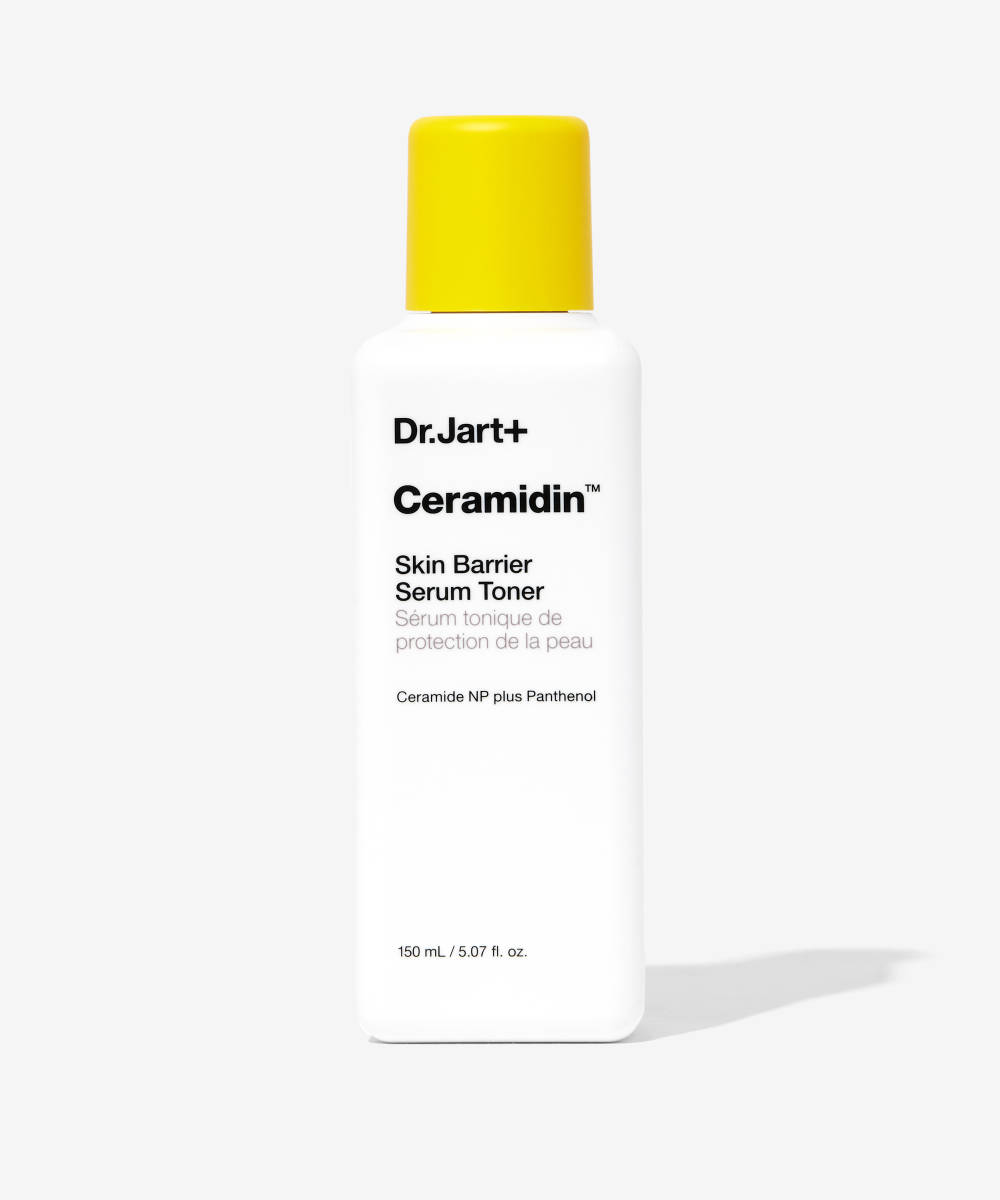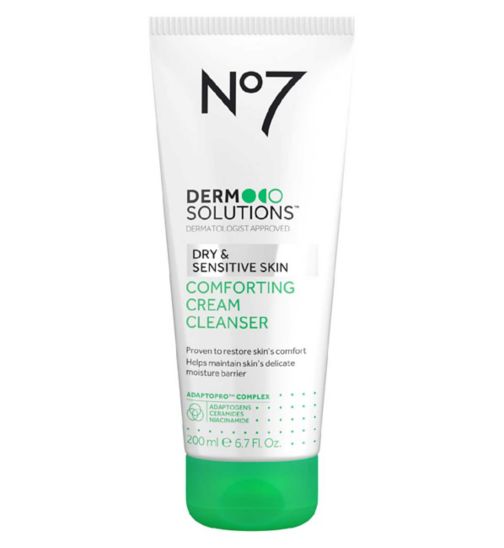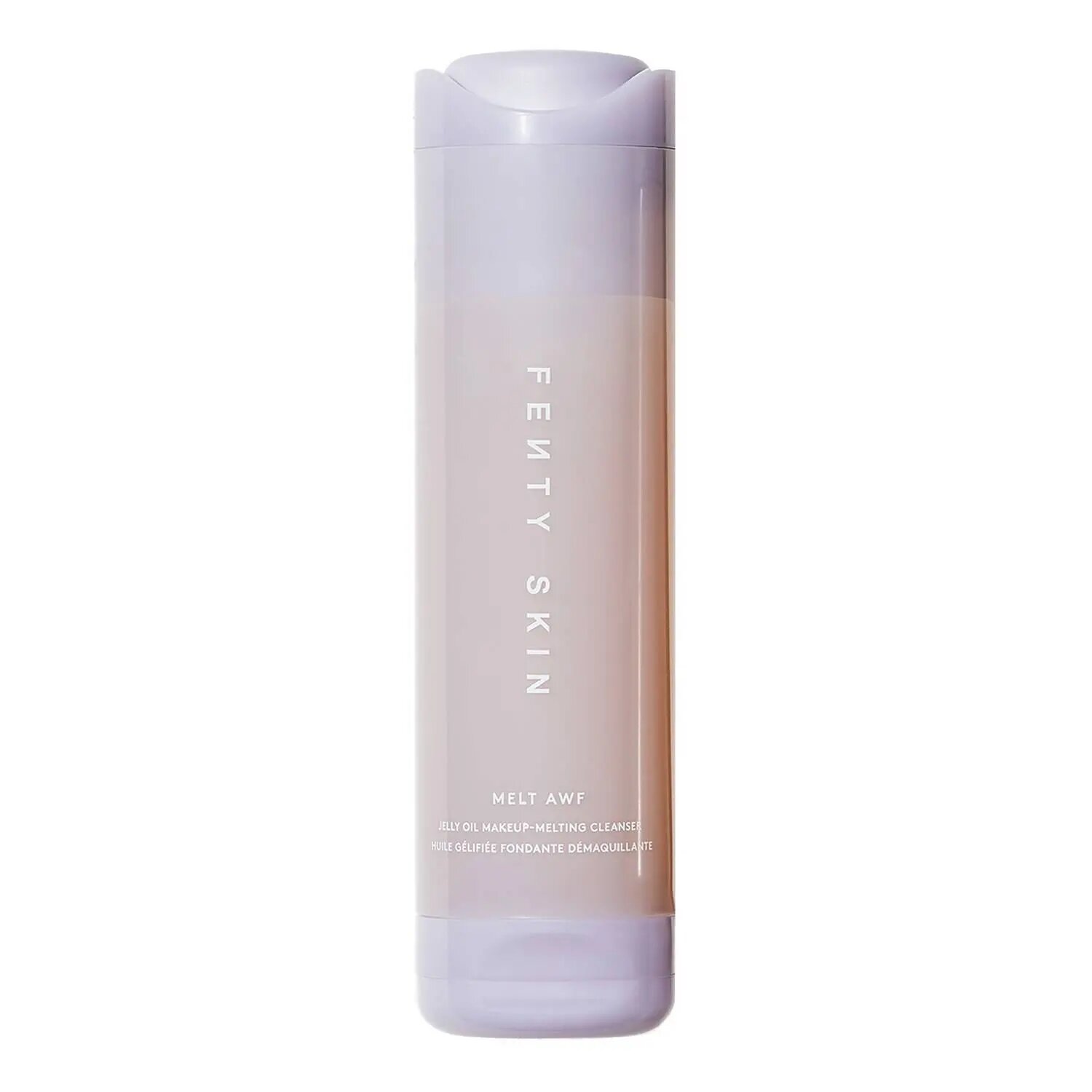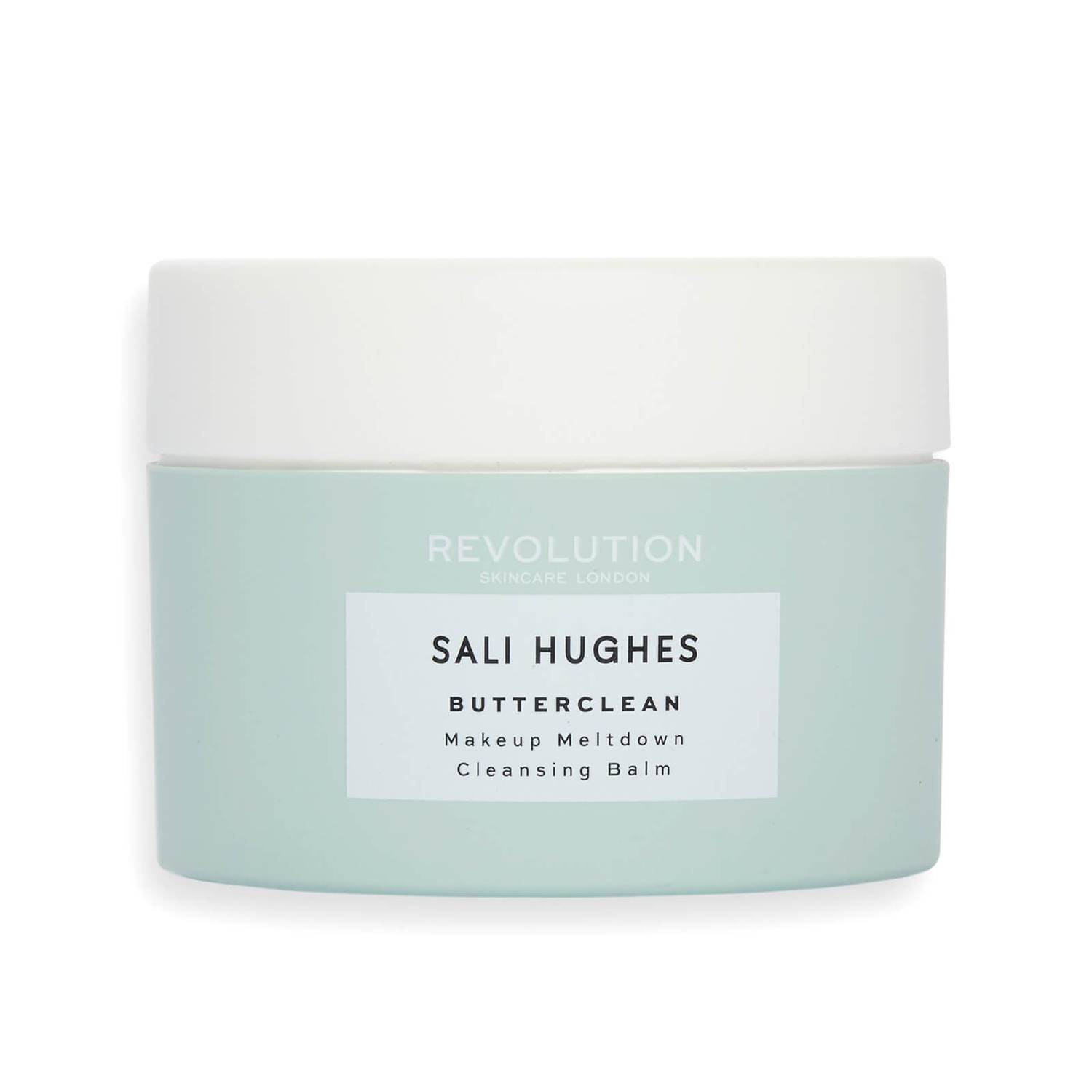Experts Agree, These Are the 6 Skincare Trends to Try This Winter
As the end of each year approaches, so too does a wave of new skincare trends, product launches, and innovations, all geared towards solving our winter skin concerns. It's ahead of winter, more than any other season, that most of us notice changes in our skin.
From increased dryness and dehydration, to dullness and heightened sensitivity, moving from cold weather outside to our centrally-heated homes and offices can easily trigger a number of skin issues.
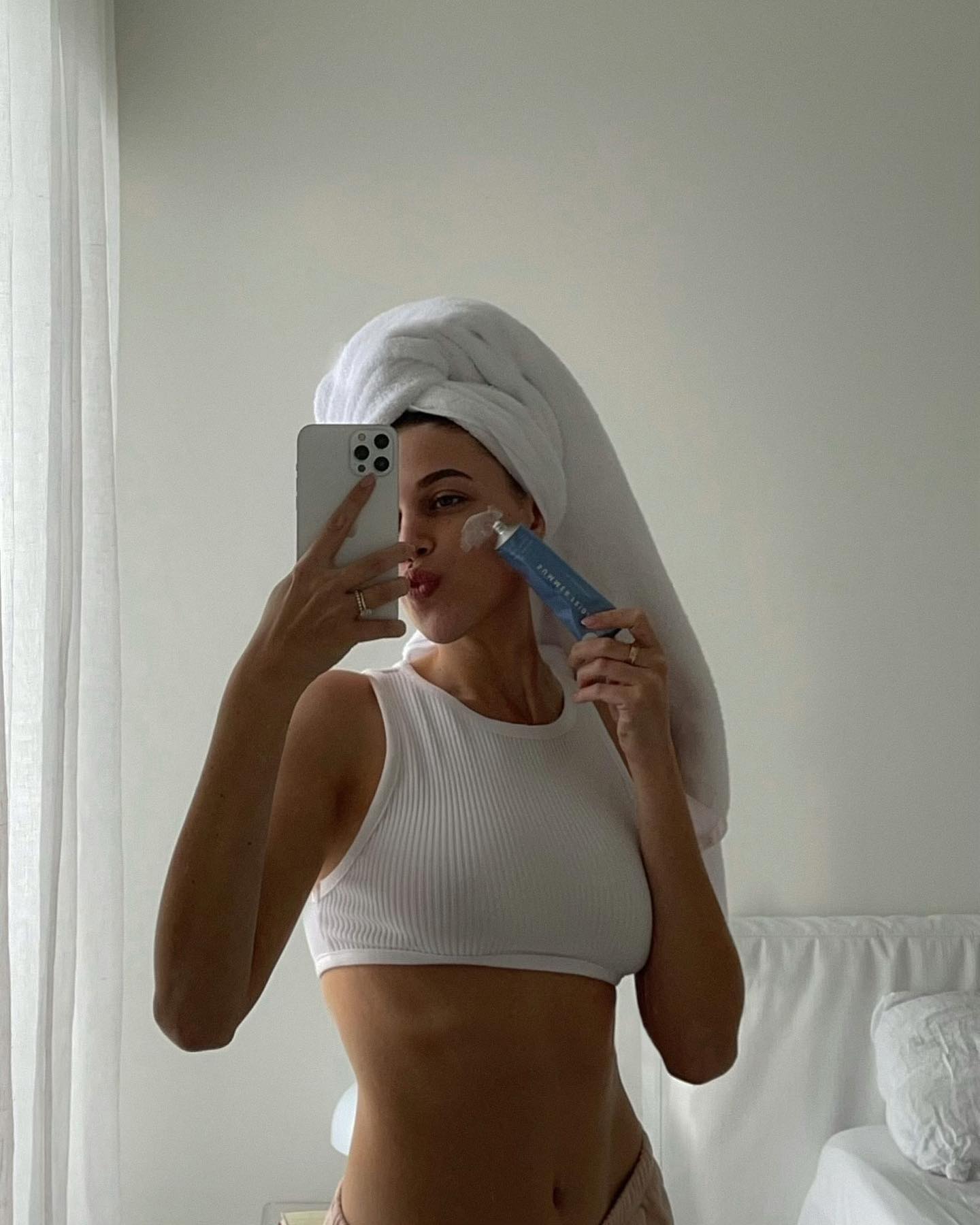
Fortunately, winter 2023's skincare trends are, more than ever, focussed on alleviating the common concerns we all experience when the season sets in. This year, we're seeing brands take a simplified (but still targeted) approach to improving overall skin health, focussing on strengthening the skin barrier and boosting hydration, via products that are actually enjoyable to use.
Keep reading to discover the skincare trends worth investing in this winter.
6 Expert-Approved Skincare Trends To Try This Winter:
1. Selfcare Skincare
According to a recent report from trend forecasters WGSN, skincare is increasingly being seen as a form of selfcare and less as just a functional everyday activity. It's true—the ritualistic aspect of skincare is prime opportunity for us to focus on ourselves, to take a break from our screens, and to show our bodies some TLC.
With this in mind, brands are looking for ways to add extra value and benefits to the products that they launch. Thanks to relaxing or energising fragrances, or unique and luxurious textures, we're seeing the launch of skincare products that can stimulate multiple senses, turning your daily skincare routine into an enjoyable sensorial experience.
As you wind down for winter and reset your priorities (hello hibernation!), consider how you can take a more intentional approach to your skincare. Reach for products that will help you to relax and unwind, and that you actually enjoy using.
Shop the trend:
2. Skin Barrier Skincare
The skin barrier has been a hot topic for a few years now, but it's never more important than during the winter months, when cold weather and central heating are more likely to trigger barrier damage—resulting in dryness and dehydration.
"On TikTok, #skinbarrier has more than 2.7 billion views so we know that this topic is still of interest for people," says Grace Vernon, Head of Global Cultural Insights and Trends at No7 Beauty Company. "Obtaining and maintaining a healthy skin barrier is essential for achieving skin health – so there’s no wonder that consumers are super engaged in this."
Responsible for keeping moisture in and irritants out, a damaged skin barrier can result in increased dryness, dehydration, sensitivity, and breakouts. To support your skin barrier, avoid over-exfoliating, using foaming cleansers, and layering active ingredients like retinoids and acids. Instead, focus on hydration—look out for ingredients like hyaluronic acid and ceramides, and seal moisture in with thick moisturisers or face oils.
Shop the trend:
3. Healthy Skin
"Healthy skin is already one of the biggest trends we have seen in recent years and 'achieving healthy skin’ is now the number one skin goal for people in the UK," says Vernon. "This is set to continue as we move in to the colder winter months. As the seasons change, we see our skin become affected by the cold weather and drying effects of central heating, meaning people look for quick fixes for their problem areas."
If you notice changes in your skin every winter, like increased redness, dullness, or tight-feeling skin, then you're not alone. The change in climate as we head into winter is one of the biggest annual motivators for people to refresh and update their skincare routines. But don't be tempted to do anything drastic. "What you really need is a consistent skincare routine and to avoid using products that can overload your skin," advises Vernon.
So before you throw out the contents of your bathroom shelf or reach for the strongest acid toner you can find, strip your routine back to the basics—cleanser, moisturiser, and sunscreen. From there, add in a serum that will help you to address your primary skin goal. For example, vitamin C for dullness, azelaic acid for redness, or salicylic acid if you're tackling breakouts. This will allow you to focus on one issue at a time, instead of overwhelming skin.
Shop the trend:
4. Glycerin
This buzzy ingredient is by no means new—it's been a fundamental ingredient in hydrating skincare products for decades—but 2023 has seen a resurgence in its popularity. "For years glycerin has gone under the radar in skincare, but it commonly acts as the pillar to many moisturising products," explains Vernon. "It has recently become the superstar of hydration products due to its skin softening effects that leaves your skin plump and hydrated."
According to Vernon, part of its popularity is the fact that glycerin works well for all skin types and concerns. "Not only that but it can be used on those with sensitive skin due to it being skin-friendly and non-comedogenic," she adds. "It's perfect for those with specific skin issues such as rosacea, eczema, psoriasis, and acne."
While there are few products that solely hero glycerin, you're likely to find the ingredient in the majority of hydrating products you already own. Moisturisers and serums in particular tend to feature the ingredient in large quantities, but you'll also spot it in toners, face masks, and cleansers.
Shop the trend:
5. Milky Formulas
Just as the colder months call for us to wear more layers and reach for thicker jumpers and winter coats, the same principle applies in skincare. Now's the time to swap out your light, gel moisturisers for richer, balmier creams that deliver a more intensive hit of moisturising ingredients to help skin withstand the impact of cold weather and central heating.
Now this may be a habit that you adapt every winter like clockwork, but this year, we're seeing additional product types evolving to suit the needs of winter skin, too. In particular, serums and toners, which are increasingly being formulated with thicker, milkier formulas. These lotion-like solutions offer a deeper and more soothing application of hydration than thin, watery ones—perfect for treating dry and sensitive winter skin.
Shop the trend:
6. Balancing Cleansers
According to WGSN, cleansers (often overlooked in our skincare routines) are set to enjoy a renaissance this winter. "Boosted by new insight into skin health, consumers are reconsidering this fundamental step and giving it a higher priority in their skincare routine," the report states. "The health of the skin barrier will be prioritised, with consumers seeking microbiome-friendly and ultra-gentle solutions."
Of course, it makes total sense—in line with a desire for healthy skin and a focus on skin barrier health—that cleansers should be a primary focus if you're tweaking your skincare routine for winter. Set aside foaming formulas which can strip skin and trigger dryness, and instead reach for those with nourishing cream or balm textures. Oil-based cleansers will help to moisturise and soothe skin, while still effectively breaking down makeup, SPF, bacteria, and other impurities on skin.
Shop the trend:
Next Up: Dermatologists Swear by This Underrated Skincare Ingredient—Here's Why
Grace Day is a beauty editor and content creator. She has over 10 years of beauty-industry experience, spanning editorial, retail, and e-commerce, which gives her a unique understanding into how people shop for their beauty routines.
While studying for a history degree (specialising in the history of beauty) and working as a beauty adviser in department stores, Grace started writing her own beauty blog in order to share the products she discovered while dealing with acne. After graduating, she moved to Beauty Bay as beauty editor and content manager. Grace is currently a beauty contributor to Who What Wear. She has also written for Hypebae and PopSugar and works as a brand consultant and copywriter.
